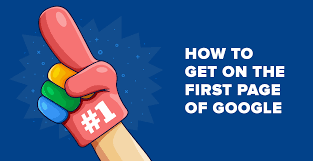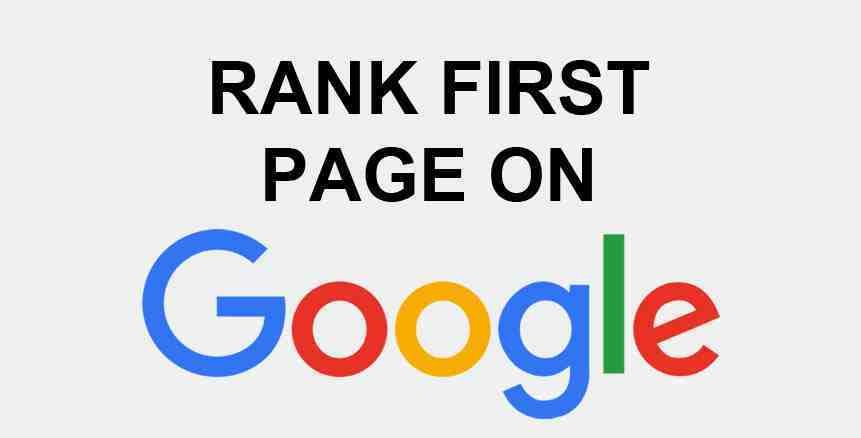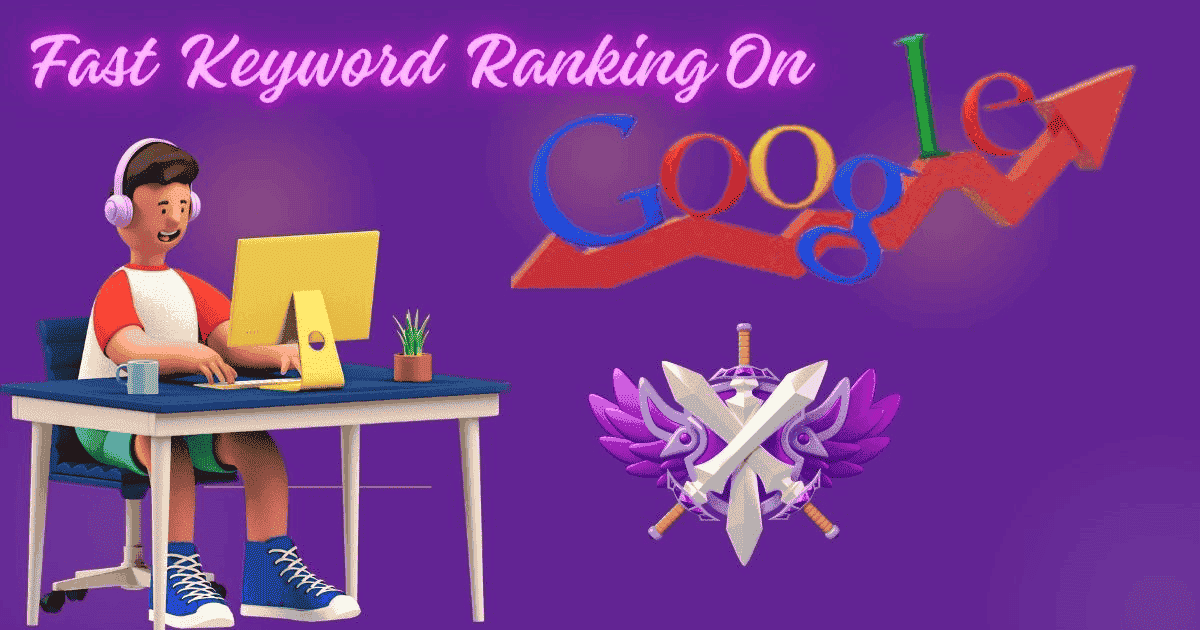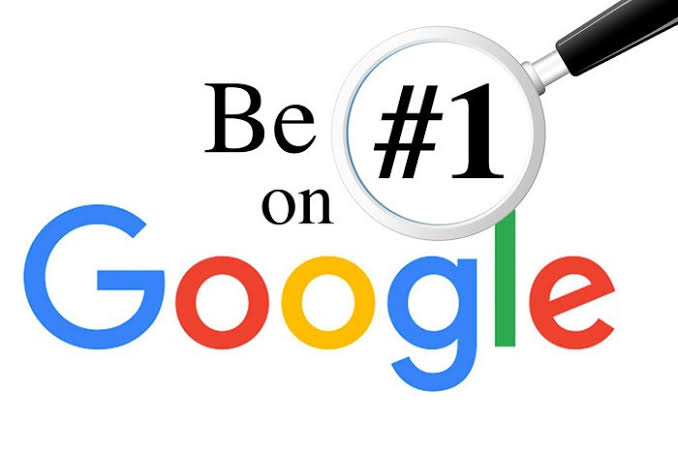Achieving a high Google ranking for your keyword is a multi-faceted process that demands strategic optimization. To secure a spot on the coveted first page, follow these key steps:
-
Comprehensive Keyword Research: Begin by identifying relevant, high-value keywords that resonate with your target audience.
-
On-Page SEO: Incorporate your chosen keywords into vital elements such as the title, meta description, headers, and body content. Keep it natural and engaging for readers.
-
Content Excellence: Develop informative, unique, and valuable content that addresses the needs and queries of your audience.
-
Backlink Strategy: Establish a network of high-quality backlinks from reputable websites. Guest posts, outreach, and content marketing are effective methods.
-
Technical Optimization: Ensure that your site is technically sound. This involves indexing, fixing broken links, and optimizing URLs, header tags, and meta tags.
-
User-Centric Design: Craft a user-friendly website that's responsive and easy to navigate, particularly on mobile devices.
-
Local SEO Consideration: If relevant, optimize for local search, including creating and maintaining a Google My Business listing.

Also Read :- Which one is best Facebook ads,Google ads?




